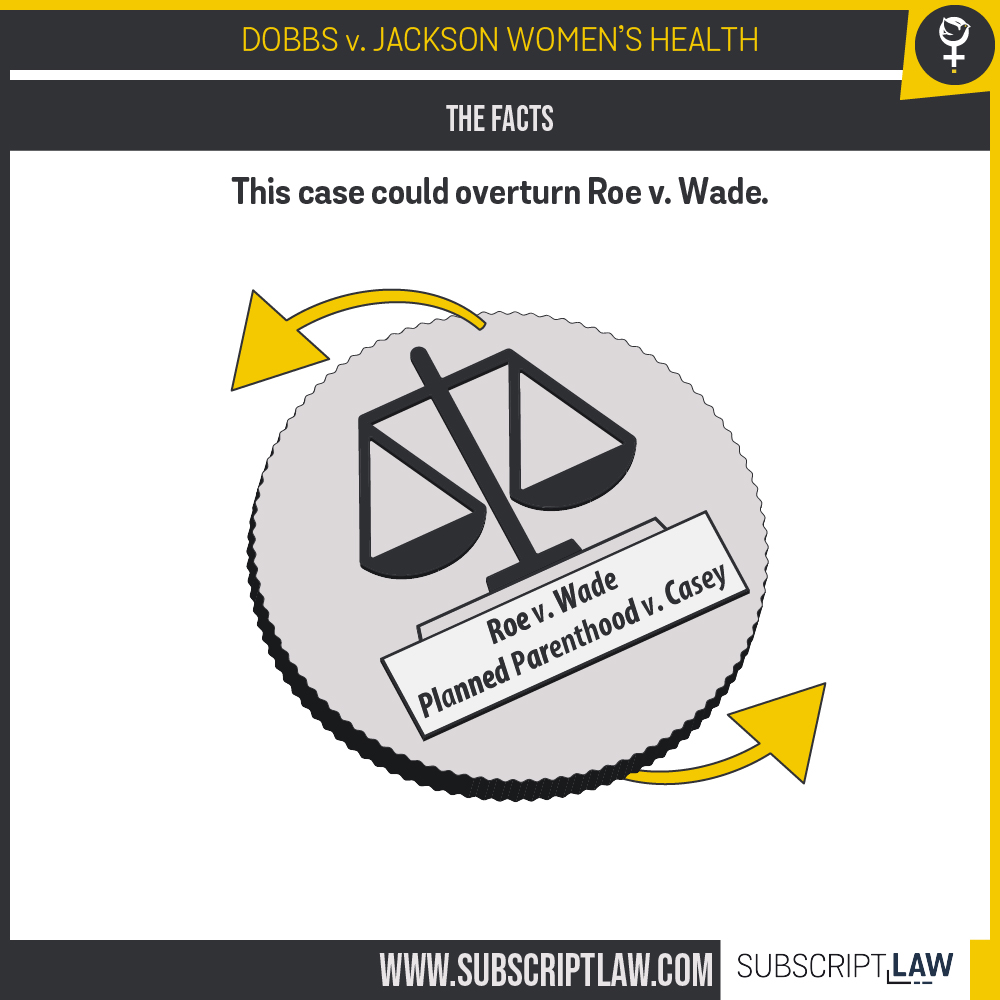By now we all know that a lot of information about us is kept on file somewhere. Some of it we give knowingly, like when we apply for a credit card. And some we pretend is not out there, but we see it displayed back to us on ads that appear on our web browsers.
I have heard the problem with big data described like this: We are accustomed to awareness of ourselves in physical space. For example, it’s embarrassing to have your zipper undone, but chances are, not too many people noticed. A “zipper” undone in computer space, on the other hand, makes you susceptible to a much more severe breach of privacy. That’s because computers can highlight vulnerabilities much more clearly – things that the eye would never notice.
The Founders did not envision this world, so obviously our Constitution does not give explicit help. Consumer abuse is nothing new, however, and over time Congress has passed several laws designed to make sure we are not exploited. Today’s infographic shows how Congress and federal agencies are making policies to protect our personal information, given the technology of today. We also discuss how the states add to those protections.
Visit the infographic here. Please share widely and encourage people to sign up for our newsletter!
Stay tuned for a related topic: government access to our electronic data (as it relates to surveillance, national security, and privacy).





